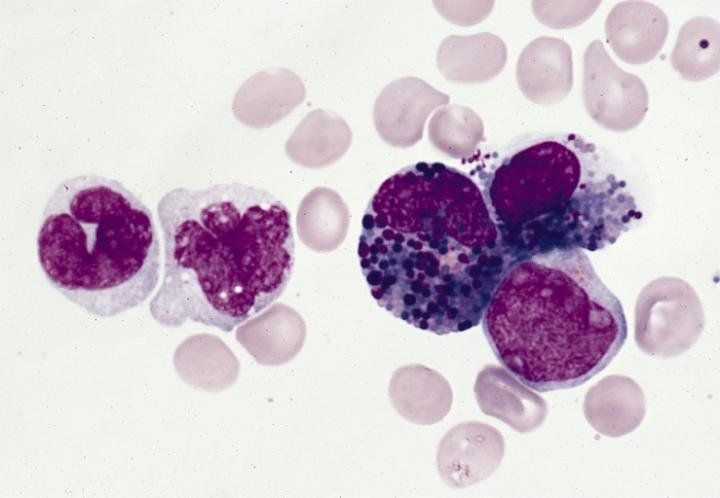Chemotherapy helps two out of three patients achieve remission. And recently, drug developers designed a new attack, one intended to target the patient’s malfunctioning genes, reclaim their hijacked cells, and halt growth. But this kind of drug development can result in more errors in trials, and can take years to get from lab to patient.
Now, in a paper published in Nature Chemical Biology, Harvard University Assistant Professor of Chemistry and Chemical Biology Brian Liau reveals why certain AML drugs only work some of the time. With his new technique, Liau and team expose more intimate details about the drug-body relationship and, in the process, disprove previous assumptions about how AML drugs work.
Read more
